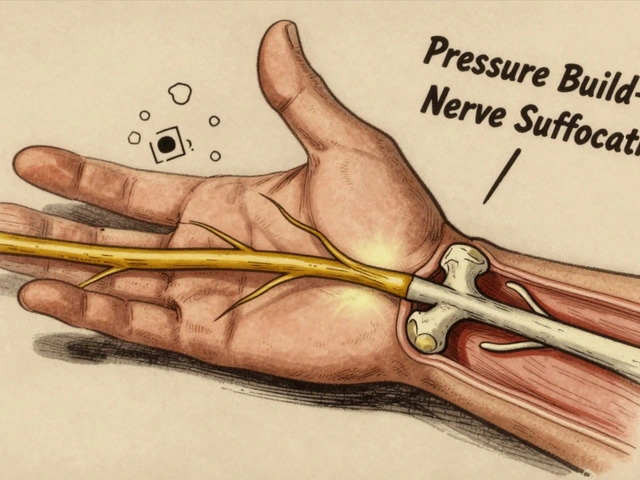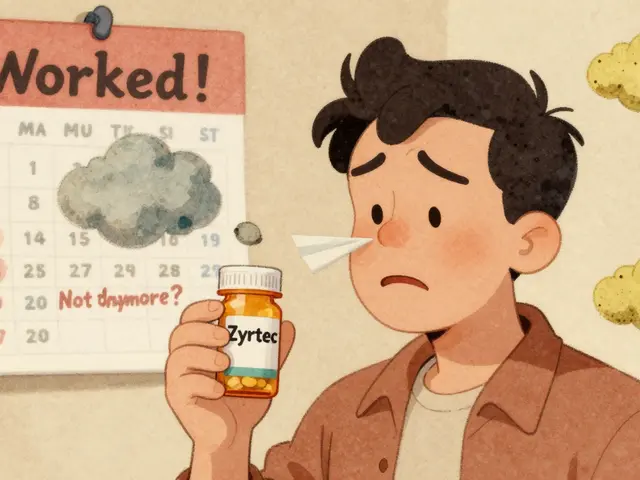Gallstones Genetics: What Your DNA Says About Your Risk
Gallstones are tiny, hard deposits that form in the gallbladder. They’re pretty common, but many people don’t realize that your genes can make you more likely to develop them. Understanding the genetic side helps you see why some families seem to get gallstones over and over.
Family History: The First Red Flag
If a parent, sibling, or child has had gallstones, your chances of getting them jump noticeably. Studies show that having a first‑degree relative with gallstones can double your risk compared to someone with no family history. So, when your doctor asks about relatives’ health, they’re really trying to gauge this inherited risk.
Genes That Matter: Common Variants Linked to Gallstones
Scientists have pinpointed a handful of genes that bump up the odds of gallstone formation. The ABCG8 and ABCG5 genes control how cholesterol is secreted into bile – change them and cholesterol‑rich bile can turn gritty. Another player, CYP7A1, affects bile‑acid production; a tweak here can also tip the balance toward stones. While each gene only adds a modest increase, together they can stack up.
Different ethnic groups carry these gene variants at varying rates. For example, people of Native American or Mexican descent often have higher frequencies of the ABCG8 variant, which partly explains why gallstones are more common in those populations. Knowing your background can give clues about your genetic load.
Genetics doesn’t act alone. Lifestyle choices—like a high‑fat diet, rapid weight loss, or obesity—can amplify the effect of risky genes. Think of it as a leaky faucet: the genes are the leak, and the diet is the water pressure that makes it worse.
Can you get a genetic test for gallstones? Some specialty labs offer panels that include the ABCG8, ABCG5, and CYP7A1 variants. The test isn’t usually covered by insurance because it won’t change treatment dramatically, but it can be useful if you have a strong family history and want to understand your risk better.
Even if you carry risk genes, you can still lower your chances. Aim for a balanced diet rich in fiber, lean protein, and healthy fats. Avoid crash diets that force rapid weight loss, as they can cause cholesterol to flood the bile and spark stone formation. Regular exercise helps keep your weight in check, which is one of the strongest modifiable factors.
Know the symptoms: sudden pain in the upper right abdomen, nausea, or back pain after a fatty meal could mean a gallstone is blocking a duct. If you notice any of these signs, see a doctor promptly. Early detection can prevent complications like infection or pancreatitis.
Bottom line: your genes set the stage, but your daily habits control the drama. By being aware of family history, understanding the key genes, and making smart lifestyle choices, you can tip the odds in your favor and keep gallstones at bay.
Genetic Factors Behind Gallstones: How Likely Are You to Develop Them?
Explore how genetics influences gallstone formation, learn the key genes involved, assess your personal risk, and discover practical steps to manage it.





